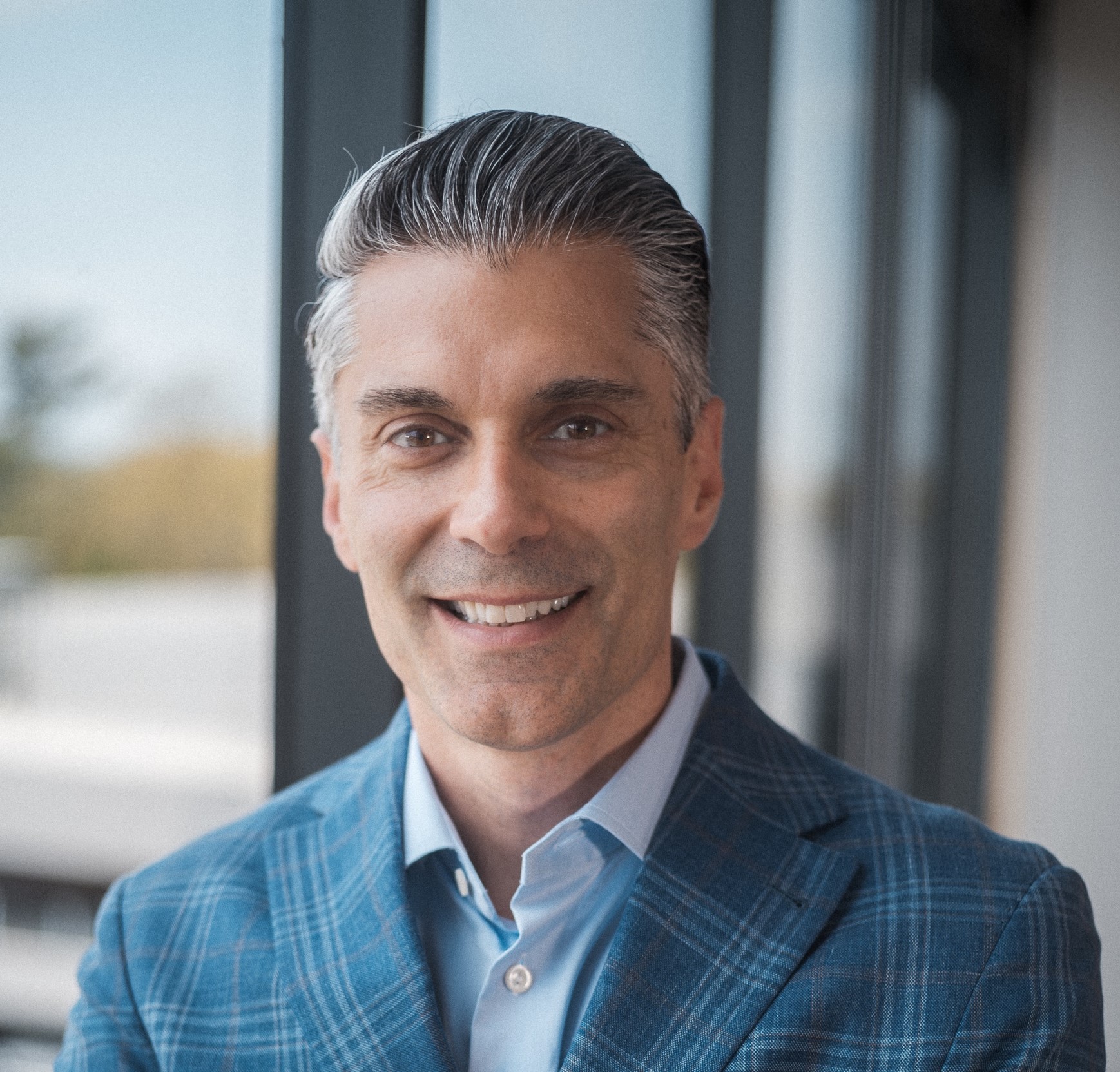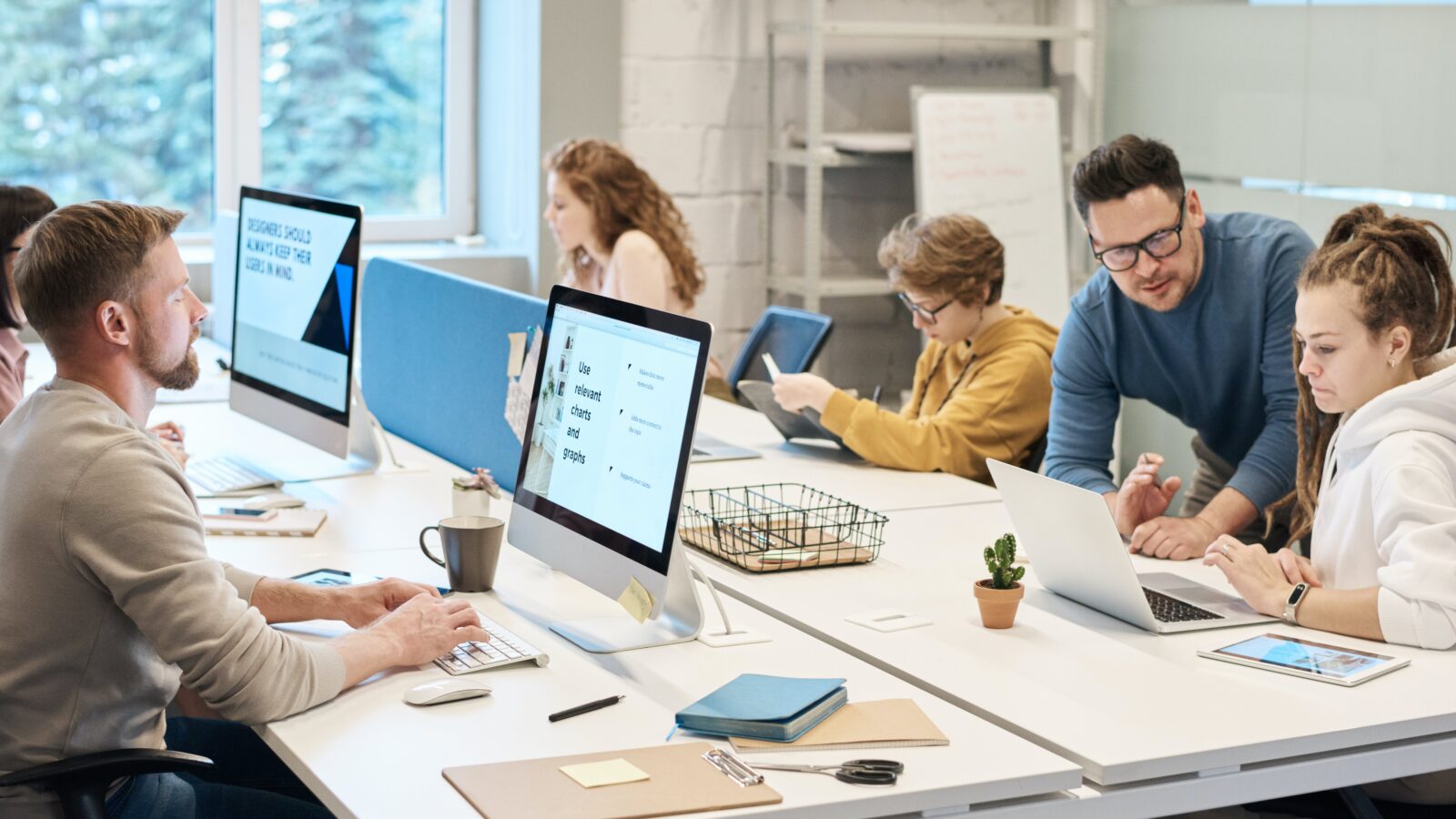Three decades later, and work just seems different. When I started my career in 1996,
businesses tended to require education in a set field, so people generally chose to study a particular
subject or skill. And the career opportunities were often tied directly to that field.
Now, change is exponential – thanks to rapid advancements in technology, and the way we think about
work itself. People being utilized only by their current skills is generally no longer viable for businesses,
or for individuals. Workers often meet today’s demands for agility with their own desires to grow and
make an impact. Meeting their ambitions with opportunities can be important, not just for the bottom
line, but for the overall success and fulfillment of the workforce.
When it comes to matching people to opportunities, there is perhaps no function in an
organization that can impact people as directly and intentionally as learning and development (L&D).
When you think about learning, it’s not just about growing technical or leadership skills, it’s about
helping people improve holistically. It’s about making investments that impact business performance
and the human potential of the workforce. Through L&D at Deloitte, we are helping to create a people-
first culture and helping employees find more meaning in their work and life.
However, L&D transformations can be overwhelming to tackle given the constant evolution of skills
needed for current and future business success. Deloitte recently went through its own data-driven L&D
transformation, informed by our people’s insights and extensive market research. The result? Project
120 – a transformation of L&D from static, one-size fits all curriculum-based courses to more dynamic,
more personalized experiences, available on more channels. There are several valuable lessons we’ve
learned during this transformation – and from our history of investing in our people’s L&D. Here are
three that organizations should consider:
Invest in the direction of expectations
Organizations should innovate to stay competitive, but without an investment in L&D, leaders could
create a skills gap that keeps them from innovating. Workers’ expectations are also evolving, with
employees wanting to work for an organization that can help them develop their skills. Deloitte Global’s
2023 Gen Z and Millennial survey found workers ranked learning and development opportunities even
above pay when choosing an employer. Leaders should address their L&D needs consistently. One way
to achieve this can be to give your L&D leaders a seat at the business operations table, and reconcile
their insights with business needs and people needs to advocate for consistent, strategic investment in
L&D.
Focus on business and human skills
After the investment comes, the important part is design and implementation. Previously, organizations
may have focused mostly on technology skills like AI, cloud and cyber, but the focus is also shifting to
also include inclusive and agile leadership and enduring human skills and well-being. The onus is on
organizational leadership to give their people access to the latest learning and development
opportunities that reflect both what the business needs and the skills their people value. With a skills-
based approach to learning and development, you can develop assets that are agnostic to level, role or
function. This means you can create assets that are more tailored and relevant to individuals while
opening opportunities for people to translate their expertise into meeting organizational needs,
wherever they exist. People feeling empowered to look beyond titles or roles and being able to pursue
new opportunities within an organization based on their interests and skills, can create a better
experience for your people and better outcomes for your business.
Accelerate agility and innovation
Along with new opportunities, advancements in technology can also bring concerns about their
unknown effects, especially on an organization’s talent. Learning and development can help ease these
concerns and uncertainty by being agile and creating an environment to foster responsible innovation.
The pace of L&D should move at the pace of the market and the enterprise but take into consideration
that working differently and working faster generally requires new employee behaviors. This means the
organization should have certain frameworks in place to support the change. Developing new
mechanisms – like decision frameworks or processes that further simplify tasks or eliminate unnecessary
ones altogether – can help ensure agility and innovation become part of the culture and that ongoing
change fits into employees’ daily lives.
Growth is at the heart of the human experience. L&D sits at the center of that opportunity
for the workforce. Elevating L&D to have an ongoing seat at the table, focusing on both business and
human skills, and creating a culture of agility and responsible innovation where everyone is aligned, can
become a recipe that yields significant organizational benefits and success.
This publication contains general information only and Deloitte is not, by means of this publication,
rendering accounting, business, financial, investment, legal, tax, or other professional advice or services.
This publication is not a substitute for such professional advice or services, nor should it be used as a
basis for any decision or action that may affect your business. Before making any decision or taking any
action that may affect your business, you should consult a qualified professional advisor.
Deloitte shall not be responsible for any loss sustained by any person who relies on this publication.
About Deloitte
Deloitte refers to one or more of Deloitte Touche Tohmatsu Limited, a UK private company limited by
guarantee (“DTTL”), its network of member firms, and their related entities. DTTL and each of its
member firms are legally separate and independent entities. DTTL (also referred to as “Deloitte Global”)
does not provide services to clients. In the United States, Deloitte refers to one or more of the US
member firms of DTTL, their related entities that operate using the “Deloitte” name in the United States
and their respective affiliates. Certain services may not be available to attest clients under the rules and
regulations of public accounting. Please see www.deloitte.com/about to learn more about our global
network of member firms.
Copyright © 2023 Deloitte Development LLC. All rights reserved.


